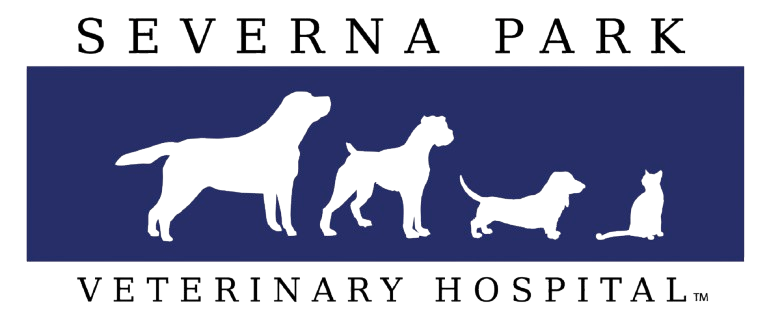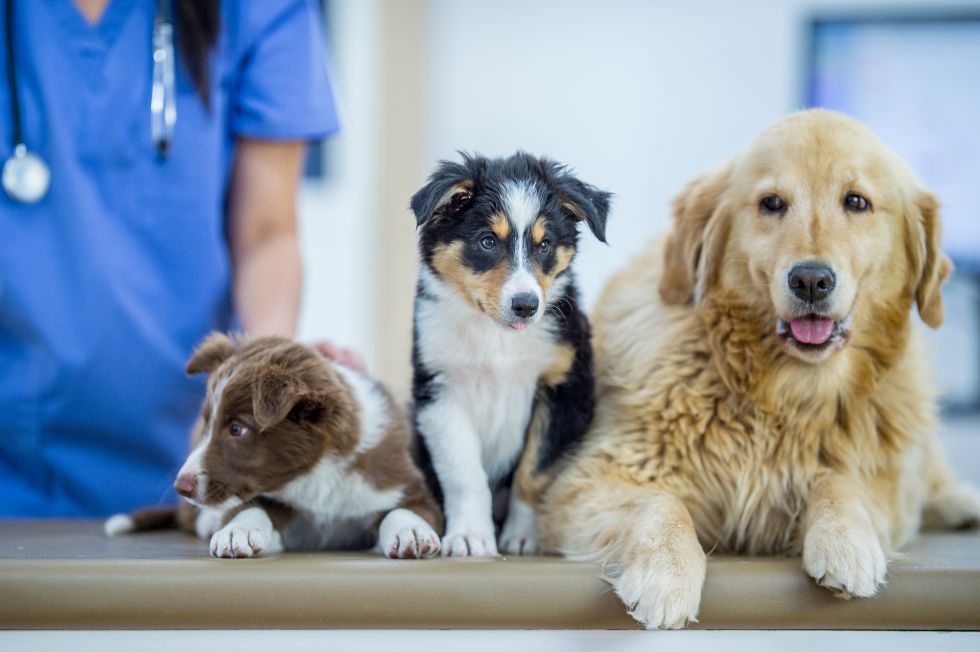There are many wonderful reasons why spaying and neutering is beneficial for your pet. First and foremost, each year millions of puppies and kittens are born from unwanted or unexpected litters. By spaying and neutering your pet, you are doing your part as a responsible pet owner to help manage overpopulation and prevent animal shelters from becoming overrun.
In addition to helping manage the homeless pet crisis, there are significant health and behavioral reasons to spay and neuter. In fact, research shows that spayed and neuter pets statistically live longer than unaltered pets. Let’s explore the medical and behavioral benefits of each procedure and the positive effects spaying and neutering can have on your furry family member.
Ovariohysterectomy (Spay)
An ovariohysterectomy (spay) is the surgical sterilization of the female cat or dog by removing the uterus, both ovaries, and oviducts.
One of the primary benefits of spaying is the decreased risk of developing certain types of cancer. Removing the uterus and ovaries eliminates the risk of ovarian/uterine cancer. In addition, studies have shown that spaying before the first heat cycle markedly decreases the risk for mammary (breast) cancer. In dogs, mammary cancer is malignant in approximately 50% of patients, and it cats it is malignant in almost 90% of cases. With each heat cycle your pet goes through, the risk for development of mammary cancer increases. This is why we often recommend spaying around 6 months of age in small breed dogs and cats, or around 1 year of age in larger or giant breed dogs.
Another medical benefit of spaying is the decreased risk for a life-threatening uterine infection known as pyometra. Intact females, especially those not used for breeding purposes, are predisposed to infections of their uterus which can cause them to suddenly become extremely sick. Pyometras are considered an emergency and usually require immediate surgery followed by several days of aggressive treatment in hospital, which can be expensive. It is much more cost effective to spay a pet you are not planning to breed than to pay for an emergency procedure to save their life!
In addition to the medical benefits, spaying your pet can have several behavioral benefits. When you spay your pet, they no longer go into heat which can help minimize barking/yowling/vocalizing, rolling/mounting, and certain aggressive behaviors. It also reduces urine marking and spraying, which while more common in males, can also be seen with female pets.
Castration (Neuter)
A castration (neuter) is the surgical sterilization of the male cat or dog by removing the testicles, which are the major source of male hormones in the body.
One of the primary medical benefits of neutering is that it eliminates the risk for testicular cancer. It also decreases the risk prostatic disease such as prostatitis, prostatic hyperplasia, and prostatic tumors. Prostatic disease often causes pets to have difficulty urinating or defecating and can be very painful.
Behaviorally, neutering your pet can decrease the risk for roaming behaviors, making it less likely for them to get hit by a car, attacked by another animal, or lost. It also can decrease aggressive behaviors and has been shown to limit urine marking and spraying, particularly in male cats.
Please ask your veterinarian about the recommended age for spaying or neutering your pet! Many of the medical and behavioral benefits of spaying and neutering have the most positive impact if done at a young age. However, there have been some recent studies indicating a decreased risk for some orthopedic diseases when spays/neuters are performed after the pet’s bones are done growing, especially in large and giant breed dogs. In smaller breed dogs, spaying and neutering is often recommended between 6-12 months. In large and giant breed dogs, it may be recommended to wait until your pet is at least a year of age based on their risks and lifestyle. At Severna Park Veterinary Hospital, we are happy to talk about the different recommendations and help you decide on the best option for your pet!

